This piece is part of the Taiwan-U.S. Quarterly Analysis series, which features the original writings of experts with the goal of providing a range of perspectives on developments relating to Taiwan.
The Taiwan issue is often viewed by leaders of the United States and its allies as a contest between democracy and authoritarianism. From a South Korean perspective, however, the Taiwan issue also represents a clash between nationalism and liberalism. While democracy is defined by the process of forming a government through general elections, liberalism is centered on the ideas of individualism and the protection of inalienable rights against state coercion. Both South Koreans and Taiwanese citizens share a liberal aspiration to preserve their individual rights and protect their freedoms from being forced to sacrifice for the glory of national unification.
Despite their many differences, the Korean Peninsula and the Taiwan Strait are worth comparing. As Chinese officials frequently highlight, South and North Korea are recognized as two sovereign states, having been simultaneously admitted to the United Nations in 1991. In contrast, Taiwan’s sovereignty is not recognized by many countries, which only maintain diplomatic relations with the People’s Republic of China. As a result, Taiwanese people must consider the consequences of declaring independence, which is not a concern for the general public in South Korea. However, when viewed through the lens of nationhood rather than statehood, similarities between the two regions begin to emerge. Benedict Anderson famously described a nation as “an imagined community.” Based on this definition, while Beijing claims that Taiwan is part of the Chinese state, Chinese leaders implicitly acknowledge that Taiwan is still a separate nation. Otherwise, why would they bother to speak of “national” unification? Therefore, while South Korea and Taiwan differ in their statehood, they deal with the similar issue of national unification.
As for Korean unification, North Korea’s motivation has been driven by ethnic nationalism. In 1980, Kim Il-sung, the founder of North Korea and the current leader’s grandfather, proposed a unified state called the “Democratic Confederal Republic of Koryo,” advocating for a confederal system and a gradual process, including the removal of U.S. Forces Korea. Kim Jong-un asserts that he is fulfilling the historical mission of realizing the long-awaited unification dream of the entire Korean people. This nationalistic approach is widely supported by the North Korean people. In a 2019 survey of North Korean defectors who have resettled in South Korea, 87.1% of respondents said they supported unification when they lived in North Korea. The majority of them (41.4%) hoped for unification because they believe that “North and South Koreans are the same people.” While economic development and avoiding war were also cited as reasons for support, ethnic-based motivation accounted for the highest percentage.
On the other hand, while the South Korean government officially pursues unification, South Korean citizens have shown decreasing interest in the idea over time. According to a 2021 report from the Korean Institute of National Unification, South Korean’s preference for unification has dropped from 37.3% in 2016 to 22.3% in 2020, while their support for peaceful coexistence has increased from 43.1% to 56.5%. If South Koreans do express support for unification, it is often for pragmatic reasons such as removing security threats or creating opportunities for economic development, rather than seeing North Koreans as part of a single-ethnic nation. In particular, South Korean youth in their 20s and 30s have expressed a notably negative opinion toward unification. A striking 71.4% of those born after 1991 prefer peaceful coexistence between the two Koreas over national unification.
Undoubtedly, nationalism serves as the main driving force behind Beijing’s persistent pursuit of unification with Taiwan. In his 2019 “Message to Compatriots in Taiwan,” Xi Jinping linked national unification with the “China dream” of rejuvenating China’s prestige. At the 20th Party Congress in 2022, Xi reiterated that Beijing would “never promise to give up the use of force” to achieve the goal of national reunification. The majority of Chinese people seem to support the national policy of unification. From a young age, Chinese people are taught the significance of national unification; children’s textbooks explicitly underscore that Taiwan is part of China. Whenever Taiwan-related issues make headlines, the hyper-nationalism of Chinese youth becomes apparent. For instance, when then-U.S. House Speaker Nancy Pelosi visited Taiwan in August 2022, Chinese netizens expressed outrage and even demanded an extreme response, such as shooting down her plane.
In contrast, Taiwanese are increasingly withdrawing their support for national unification. The percentage of citizens who support unification with China has declined from 20% in 1996 to a mere 5% in 2022. Furthermore, an overwhelming majority of 84.7% rejected Beijing’s proposal of “one country, two systems” as a formula for unification. Notably, Taiwanese are increasingly identifying themselves as “Taiwanese” rather than Chinese. According to the survey of Taiwan’s National Chengchi University, the percentage of individuals identifying as “Chinese” plummeted from 25.4% to 2.4% between 1992 and 2022, while those who identify as “Taiwanese” rose from 17.6% to 63.7%. The trends of low support for unification and the identification of Taiwanese are particularly evident among young Taiwanese. Similar to young South Koreans, Taiwanese youth do not support the goal of unification based on the rationale of nationalism.
Both young South Koreans and Taiwanese have a distinct identity that is not based on the “imagined community” of the nation but on the norms and values of liberalism. While nationalism emphasizes the importance of the group over the individual, liberalism privileges the individual. From a nationalist perspective, individuals are expected to align their preferences with the goals of the nation. However, young South Koreans and Taiwanese view their individual rights as inalienable, which cannot be violated by state coercion. Those born after 1980 in South Korea and Taiwan spent their formative years after democratization. They are highly educated, well-traveled, and culturally cosmopolitan compared to previous generations. As a result, both young South Koreans and Taiwanese do not assume that they should submit their individual preferences for the nationalistic goal of unification.
These observations shed a new light on the mismatch between Beijing’s nationalistic rationale of unification and the Taiwanese people’s liberal aspiration for autonomous life. Beijing justifies its unification policy based on the assumption that Taiwanese share the same aspirations for national unification. During the 20th Party Congress, Xi asserted that “realizing China’s complete reunification is … a shared aspiration of all the sons and daughters of the Chinese nation,” and that the people of Taiwan are members of “one family bound by blood.” However, survey data consistently indicates that those who support unification are a tiny minority in Taiwan. Thus, Chinese leaders’ assumption that “Taiwan compatriots” share the same dream of unification exists only in their imagination. It remains unclear why Chinese leaders continue to promote the unrealistic narrative of popular support for unification in Taiwan. One possible explanation is that they are worried about the rise of liberal forces within China itself and are trying to maintain control through a nationalistic unification campaign.
In short, South Koreans could be sympathetic to the shifting attitudes of Taiwanese citizens toward unification. The survey data and the comparative analysis above suggest that, while South Koreans may understand the Chinese aspiration for national unification, many would not support Beijing’s refusal to denounce war as a means of unification. The South Korean view reinforces the liberal logic that, although the international community may recognize Taiwan as a part of China, it opposes the tragedy of war that would entail Chinese forces killing Taiwanese citizens in the name of unification.
The author’s views in this article are his own and do not represent the perspectives of the U.S. Department of Defense or the Asia Pacific Center for Security Studies.
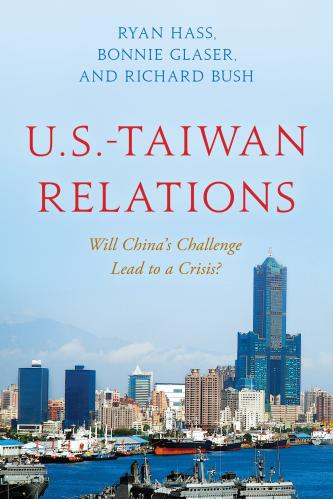
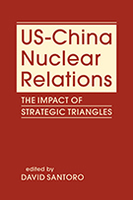
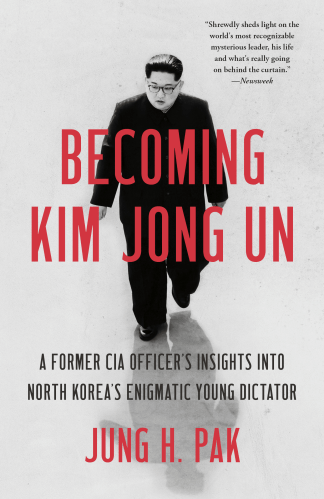
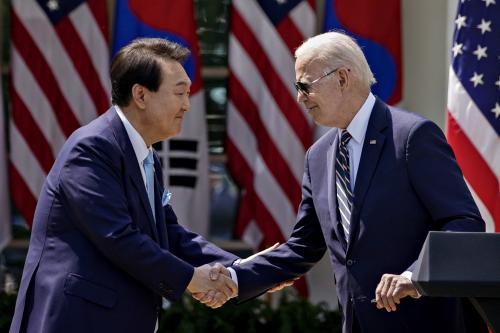
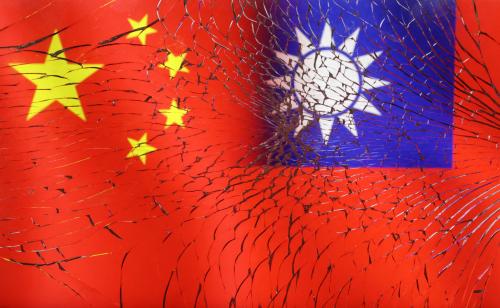
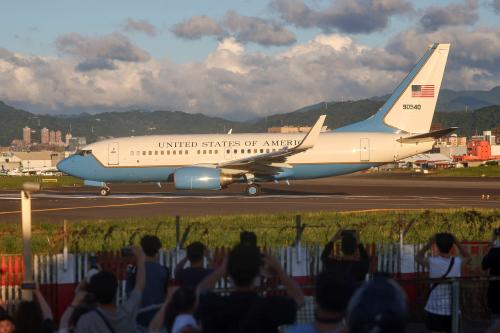
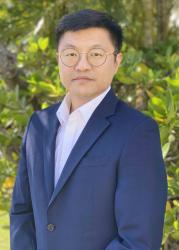


Commentary
Nationalism versus liberalism: A South Korean view of Taiwan issues
May 5, 2023